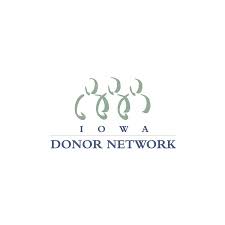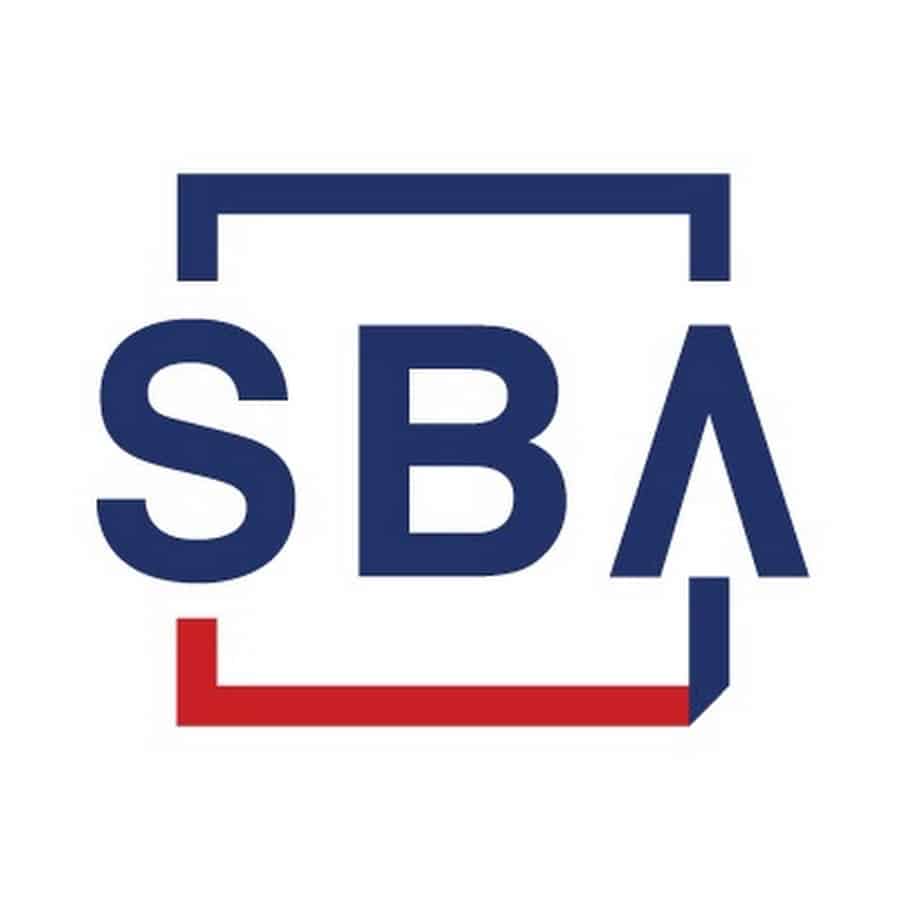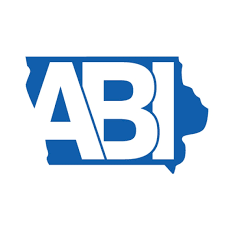Iowa bankers group launches anti-fraud awareness campaign
Nationwide, consumers lost $12.4 billion to fraud in 2024

The Iowa Bankers Association has launched an anti-fraud awareness campaign to alert Iowans about the increasingly sophisticated efforts of scammers to siphon money from bank accounts or make large charges on credit cards.

Earlier this year, the association held a virtual anti-fraud summit during which over 180 bankers learned more about the types of fraud being committed and how they can help customers avoid falling for deceptions, said Adam Gregg, CEO and president of the Iowa Bankers Association.
The association has also begun a yearlong public service announcement campaign with Des Moines television station KDSM-TV that includes different monthly messages about how Iowans can protect themselves from scams, Gregg said.
The Iowa association is partnering with the American Bankers Association, which has resources available for combating fraud.
“This isn’t just an Iowa problem, it’s a national problem and an international problem,” said Gregg, who became the banking group’s leader in January. “The money that is getting stolen isn’t just going into somebody else’s pocket, a lot of it is going to fund some very horrible things – human trafficking, Chinese drug lords.”
Consumers reported losing more than $12.5 billion to fraud in 2024, a 25% increase from the previous year, according to recently released data from the Federal Trade Commission. The increase was not because of more fraud reports but because of a jump in the number of people who reported losing money in those instances, according to the commission.
In 2023, 27% of fraud reports involved people who lost money; in 2024, the percentage increased to 38%.
One resource provided by the American Bankers Association that the Iowa group is sharing with members is a website called practicesafechecks.com.
While the use of checks has declined, the number of suspicious activity reports involving checks has increased 40% in the past three years, according to the federal Financial Crimes Enforcement Network, a division of the U.S. Treasury. In addition, the percentage of check fraud using the Postal Service has increased 57%, according to the network.
“Consumers can protect themselves by doing some very basic things,” Gregg said. “They can use the right kind of pen – a permanent gel pen – so their checks can’t be washed. They can consider using [electronic transfers] rather than writing a check and putting it into the vulnerability that is presented by the U.S. mail system these days.”
Consumers also need to be wary of phone calls from people claiming to be someone they are not. Advances in artificial intelligence have made it easier to mimic the voice of a business’s vendor or a relative, Gregg said.
The association is also working with local bankers in identifying customers who may be being scammed, Gregg said. Scams involving moving money into cryptocurrency are among the most prevalent types of fraud, he said.
It’s not unusual for a bank customer to be on the phone with a scammer while they talk to the bank, Gregg said. “We tell our bankers to look to see if the [customer] is being coached in some way. We tell them not to be afraid to ask whether they are on the phone with someone. If they say they are, the bankers should tell them to hang up because the call is probably a scam.”
Owners of small businesses should follow the same advice the association is giving consumers, including moving away from the use of checks, Gregg said. “Checks just present a vulnerability that doesn’t necessarily have to happen.”
Another thing owners of small businesses need to be wary of is bitcoin teller machines, Gregg said. “Small businesses may be approached about hosting a bitcoin [teller machine]. They need to be very hesitant to have that on their property.”
Increasingly, scammers are asking to put bitcoin teller machines, or BTMs, in convenience or grocery stores and other high-traffic areas, according to the Federal Trade Commission. The machines are a way to buy or sell cryptocurrency but scammers are using them to get unsuspecting consumers to “protect” their savings by depositing cash into the machine, according to the commission. Instead of being converted to bitcoin, the money is deposited in the scammers’ bank account.
In 2023, consumers reported losing over $110 million because of scams involving BTMs, according to the commission. During the first six months of 2024, fraud losses to BTMs exceeded $65 million.
“This has become a very prevalent scam,” Gregg said.
It’s difficult for consumers to retrieve lost money, he said.
“Everyone needs to be aware of the ways that people are trying to take advantage of you,” Gregg said. “The scammers are trying to play on your emotions and are trying to get you to move fast before you realize that something isn’t quite right.”
Related article: Meet Adam Gregg, new leader of Iowa Bankers Association

Kathy A. Bolten
Kathy A. Bolten is a senior staff writer at Business Record. She covers real estate and development, workforce development, education, banking and finance, and housing.








